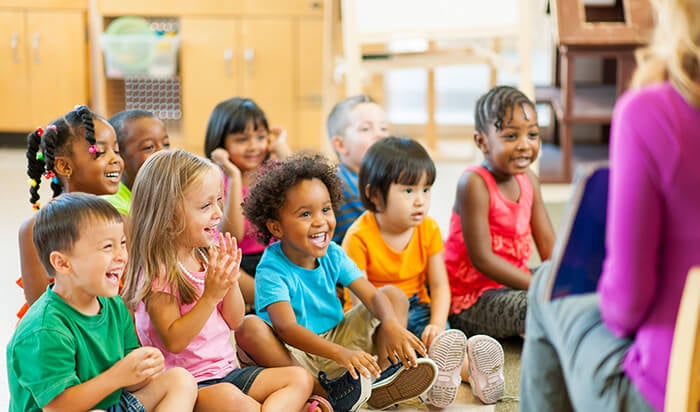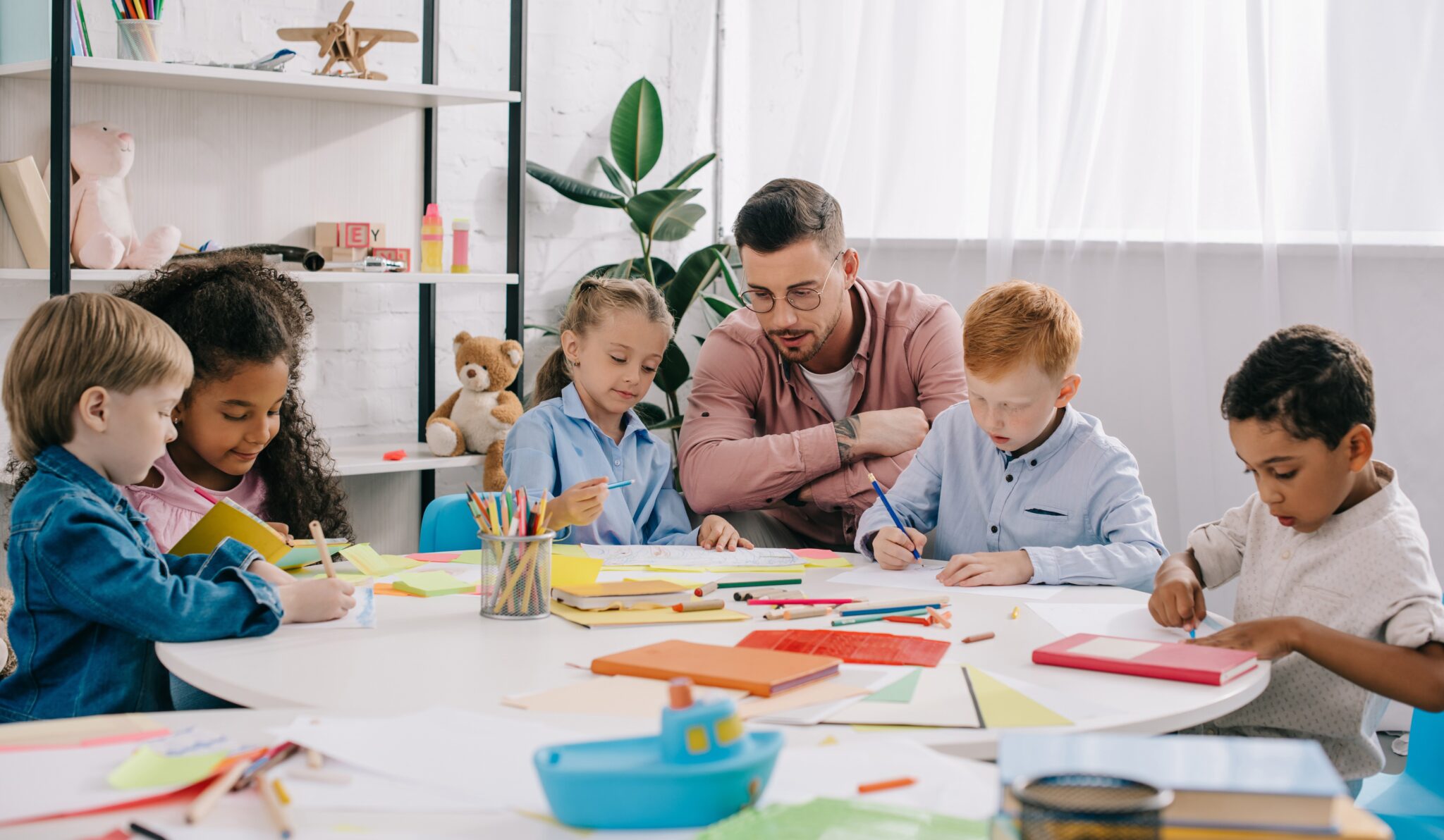Nurturing Early Childhood Education: Laying a Solid Foundation for Their Future

The early years of a child’s life are crucial for learning and development. Early childhood education plays a vital role in shaping their growth and future success. In this article, I will explore the importance of early childhood education and provide some suggestions and methods to help parents and educators create a positive and enriching learning environment for young children.
Learning through Play:
The best way for young children to learn is through play. By providing a wide array of toys, games, and opportunities for free exploration, we can stimulate their curiosity and imagination. Allowing children to learn through play, through touch, observation, trial and error, enables them to explore and understand the world around them.
Reading and Language Development:
Reading is crucial for a child’s language development and cognitive abilities. Offering them a rich variety of picture books, storybooks, and interactive reading experiences is important. By reading with them, encouraging them to ask questions, tell stories, and use language to express themselves, we can nurture their language skills, expand their vocabulary, and spark their imagination.
Exploring Nature and Science:
Encouraging children to have close contact with nature and engaging in simple science experiments is beneficial. Taking them outdoors to explore nature, observe plants, insects, and seasonal changes allows them to learn scientific concepts and cultivate an interest in science through hands-on experiences and observation.
Arts and Creativity:
Providing various materials and tools and encouraging children to engage in arts and creative activities is important. Through activities like drawing, paper-cutting, and collage, they can develop creativity, hand-eye coordination, and problem-solving skills. Allowing them to explore new ideas and approaches encourages independent thinking and self-expression.
Social Skills and Collaboration:
Helping children build positive relationships and social skills is a key goal of early childhood education. Encouraging their participation in team activities, role-playing, and cooperative games fosters their collaboration skills, the spirit of sharing, and empathy for others.
Health and Life Habits:
Teaching children healthy habits and self-care skills are integral parts of early childhood education. Educating them about proper nutrition, personal hygiene, and daily life skills like dressing and tidying up their rooms. By cultivating healthy habits, they can establish positive lifestyles and develop self-management skills.
Early childhood education lays a solid foundation for children’s holistic development. By learning through play, fostering language skills through reading, exploring science, nurturing creativity, and social skills, we can help children build confidence, unlock their potential, and pave the way for their future learning and growth. Parents and educators play a crucial role in creating an environment that supports and nurtures early childhood education, setting children on a path to lifelong learning and success.


